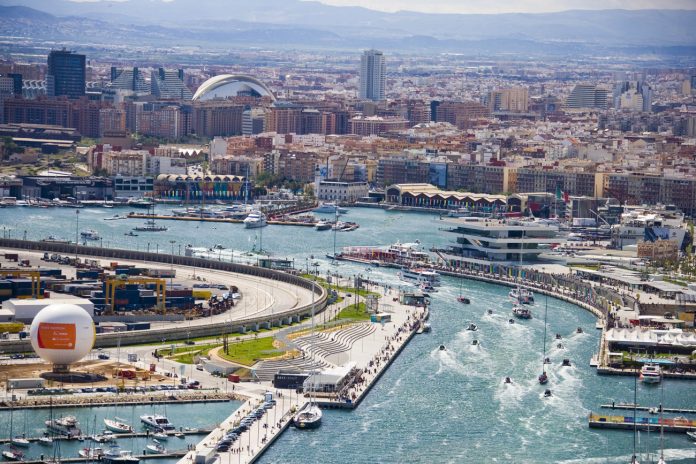This post may contain affiliate links. We may earn money or products from the highlighted keywords or companies or banners mentioned in this post.
In recent years, numerous have been the cities that decided to put a stop to the unstable environment cheap rental options like Airbnb have created for their internal tourism. Reckless visitors, a surge in the housing market, and even insecurity have become a standard for certain regions that have lost control of the way tourists spend their time.
In a surprising move, Valencia has now stepped to the plate to create a system of regulations that aim to control the mayhem that the housing market has turned into, since the southern city began experiencing a surge in visitors.
The worldwide growth in interest for traveling to Spain has seen the southern European country receive its largest number of tourists in decades. Valencia, being one of the most popular destinations, is no stranger to this trend.
Its outstanding coastal vibe, the beautiful historical monuments that surround it, and the modern-day architecture that has now become a fixture in its landscape make for an irresistible option that travelers from all parts of the world have taken advantage of. Last year alone, over 100,000 people visited the city.
And, as it seems, they have taken far too much advantage– the city council has decided to limit all non-formal accommodation options to ground and first floors. There will be no panoramic views of the city.
According to city officials, this move aims to gain back control of the housing market, while establishing as formal record of how properties can be used. A designated license will be required for anyone looking to rent their property to tourists.
As the rest of Spain seems to be going through a nationwide ban of holiday accommodations, with Barcelona still struggling to control its housing prices and Palma de Majorca completely banning non-formal accommodation, Valencia is looking to create a system that will prevent them from falling into the pit of an uncertain economic panorama in their housing market.
Ciutat Vella, known as a prime spot for tourists because of its central location, will be one of the sites that will no longer provide holiday rentals for visitors. Some of the city's main attractions will also see strict regulations imposed for anyone looking to stay in the surrounding areas.
Many European cities have taken notice of this move and have already made plans to regulate the impact of mass tourism on their residents. A disloyal competition to hotels –who regularly have to pay taxes– is cited as a top concern that furthered the need to implement this tactic.
As it seems, Airbnb is having a hard time trying to establish itself in various markets.











